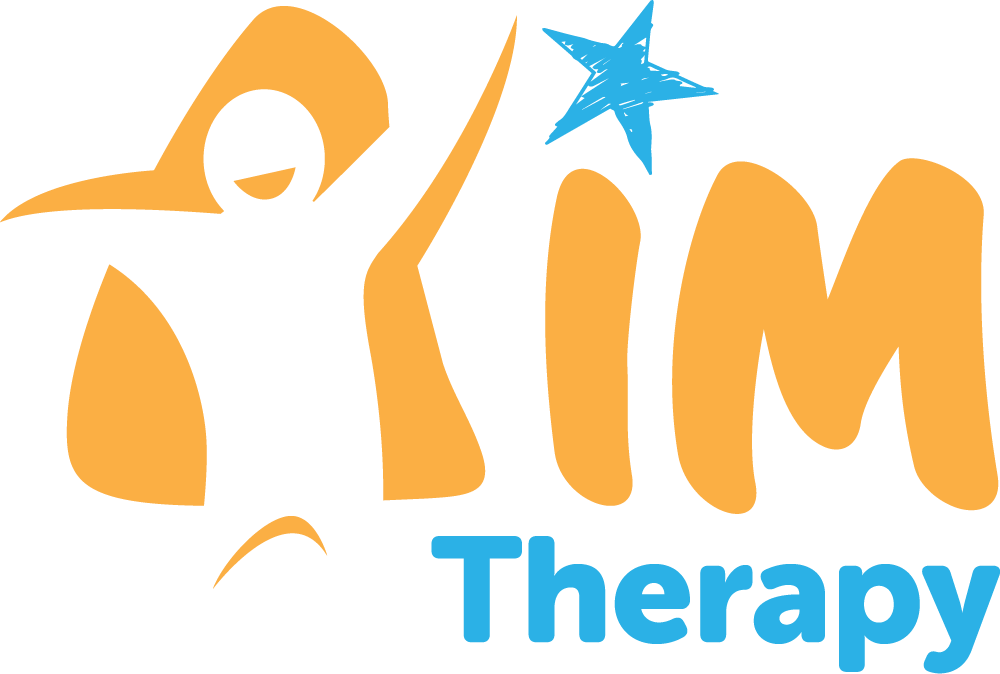OT Emotional Regulation
If managing emotions are goals for your child’s OT, their self-regulation will be assessed prior to a treatment plan being put into place. A child with self-regulation difficulties may:
– Have emotional outbursts when things don’t go to plan
– Become overly excited when playing in a group setting
– Difficulties with recovering from disappointments
– May feel anxious in certain situations
– Have difficulties maintaining attention or completing daily routines
– May use physical solutions to resolve social conflicts (e.g. when another child takes toy away)
Areas assessed as part of self-regulation skills are listed below:
– Sensory modulation: The ability to receive sensory input from our ears, eyes, muscles, joints, and skin and adjust our level of alertness based on the input.
– Emotional awareness: Recognising our own emotions and reactions to different situations.
– Emotional control: Ability to manage emotions and adjust behaviour according to what is required in the given situation.
– Executive functioning: Higher level thinking processes of the brain to carefully plan, select and monitor our behaviours. For example, managing our emotions, switching attention between tasks or filtering distractions to focus on our work, problem-solving before acting etc.
– Theory of mind: The ability to understand that another person’s point of view such as they have beliefs, desires and intentions that are different to our own.
– Social understanding: The ability to look at the social situation, understand social cues and evaluate what is expected or unexpected in situation.
At AIM Therapy, we take great pride in delivering Occupational Therapy services as unique as your child from Assessment to Intervention to Meeting of goals. If you would like more information about our services or would like to go ahead with a booking, we welcome you to contact us 6150 8339 or hello@aimtherapy.com.au.

